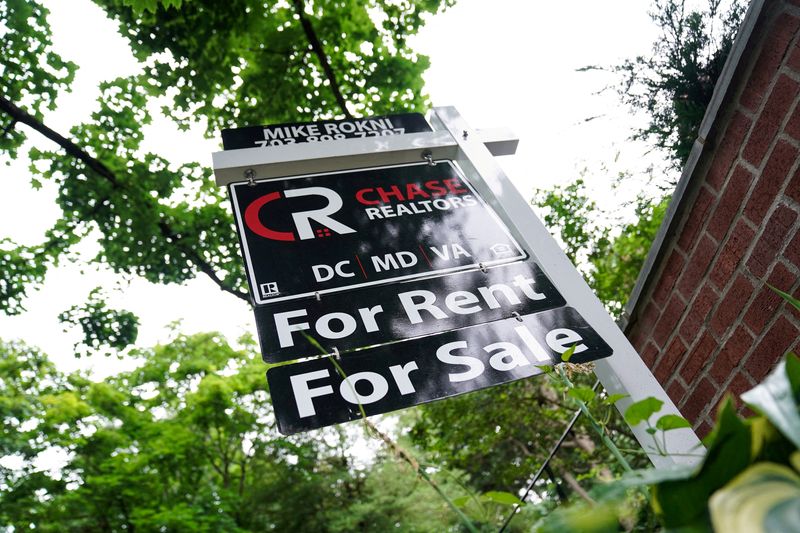Investing.com -- As the U.S. heads into another election cycle, the housing market has become a point of discussion, though analysts suggest the federal government’s ability to influence housing policy may be limited.
As per UBS, the real power over housing decisions remains with state and local governments. Zoning, permitting, and land-use regulations, which are essential for new housing development, fall under their jurisdiction.
While federal candidates have voiced concerns about the housing crisis, any sweeping changes to policy are expected to come from local and state levels, especially in coastal areas where affordability is a more pressing issue.
At the federal level, one potential area of influence could come from tax incentives. Nolan points out that the expansion of tax credits, like the low-income housing tax credit for builders, has been floated as a way to address the affordable housing shortage.
Vice President Kamala Harris, in particular, has been vocal about increasing housing supply, proposing a $25,000 tax credit for first-time homebuyers. However, these ideas face significant obstacles.
Such tax incentives would require congressional approval, and in a divided government, which is a likely outcome of this election according to UBS’s analysis, passing major housing legislation would be challenging.
Former President Donald Trump, in contrast, has focused on reducing regulatory barriers to housing construction.
He has advocated for releasing federal land for housing development, especially in the Southwest and broader Western U.S. This could spur new housing projects, but state and local opposition could slow or even block the process.
Additionally, Trump’s approach to housing is rooted in the idea of states’ rights, with an emphasis on local control over zoning and permitting.
Another factor to consider is that if federal housing policies were to be enacted, they would still face hurdles at the local level. For example, even if federal tax credits for affordable housing were expanded, local governments would need to approve projects through zoning and permitting.
In addition, construction costs could be affected by labor shortages, particularly if stricter immigration policies were implemented, which could increase the cost of building new homes.
The question of how these policies might affect real estate investment trusts also arises. As per UBS analysts, the largest potential impacts are likely to be felt by REITs with high exposure to coastal markets, such as AvalonBay (NYSE:AVB), Equity Residential (NYSE:EQR), and Essex Property Trust (NYSE:ESS).
Meanwhile, REITs with more inland and diversified portfolios, such as American Homes 4 Rent (NYSE:AMH) and Mid-America Apartment Communities Inc (NYSE:MAA), may see fewer immediate effects from any changes in federal policy.
National rent control, a concern for many in the housing market, does not appear to pose a major risk at this point.
While there have been discussions of rent caps tied to tax benefits or Fannie Mae and Freddie Mac funding restrictions, the idea of broad national rent control remains unlikely, especially given the complexities of enacting such policies through Congress.
Looking at broader policy differences, Harris has consistently called for expanding housing supply through increased multifamily and single-family construction, while Trump has focused on reducing regulatory burdens. However, the impact of these plans may be limited without substantial support from Congress, particularly in a divided government scenario.
Another issue raised by UBS analysts is the potential impact of tariffs on housing. If Trump were to win and continue his tough stance on trade, particularly with China, new tariffs could drive up the cost of building materials, putting upward pressure on housing prices and potentially slowing new construction.
Higher tariffs could have broad inflationary effects, making housing even less affordable for many Americans.
The housing market could also be impacted by the fate of Fannie Mae and Freddie Mac.
Trump has supported the idea of privatizing these government-sponsored entities, a move that could raise financing costs and make housing less affordable. However, like many other policy ideas, this would require legislation and could be difficult to pass.
